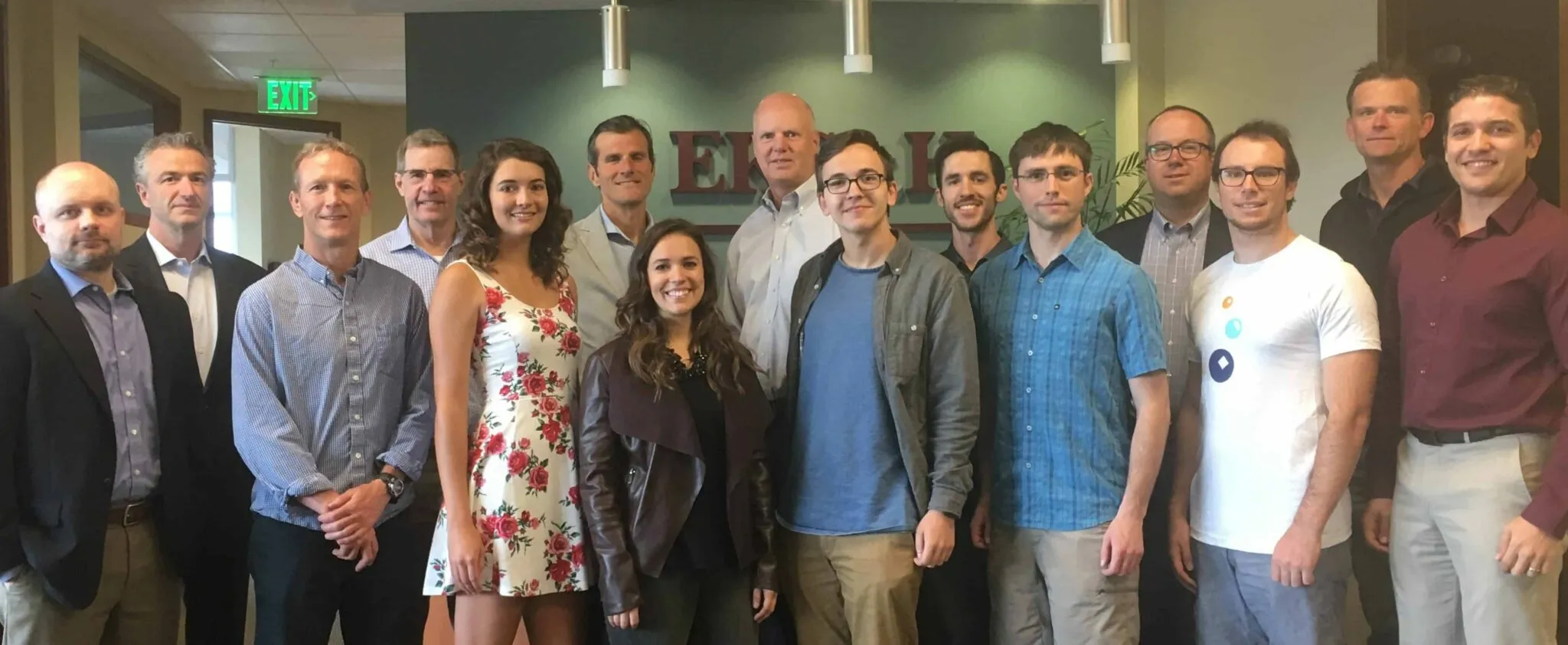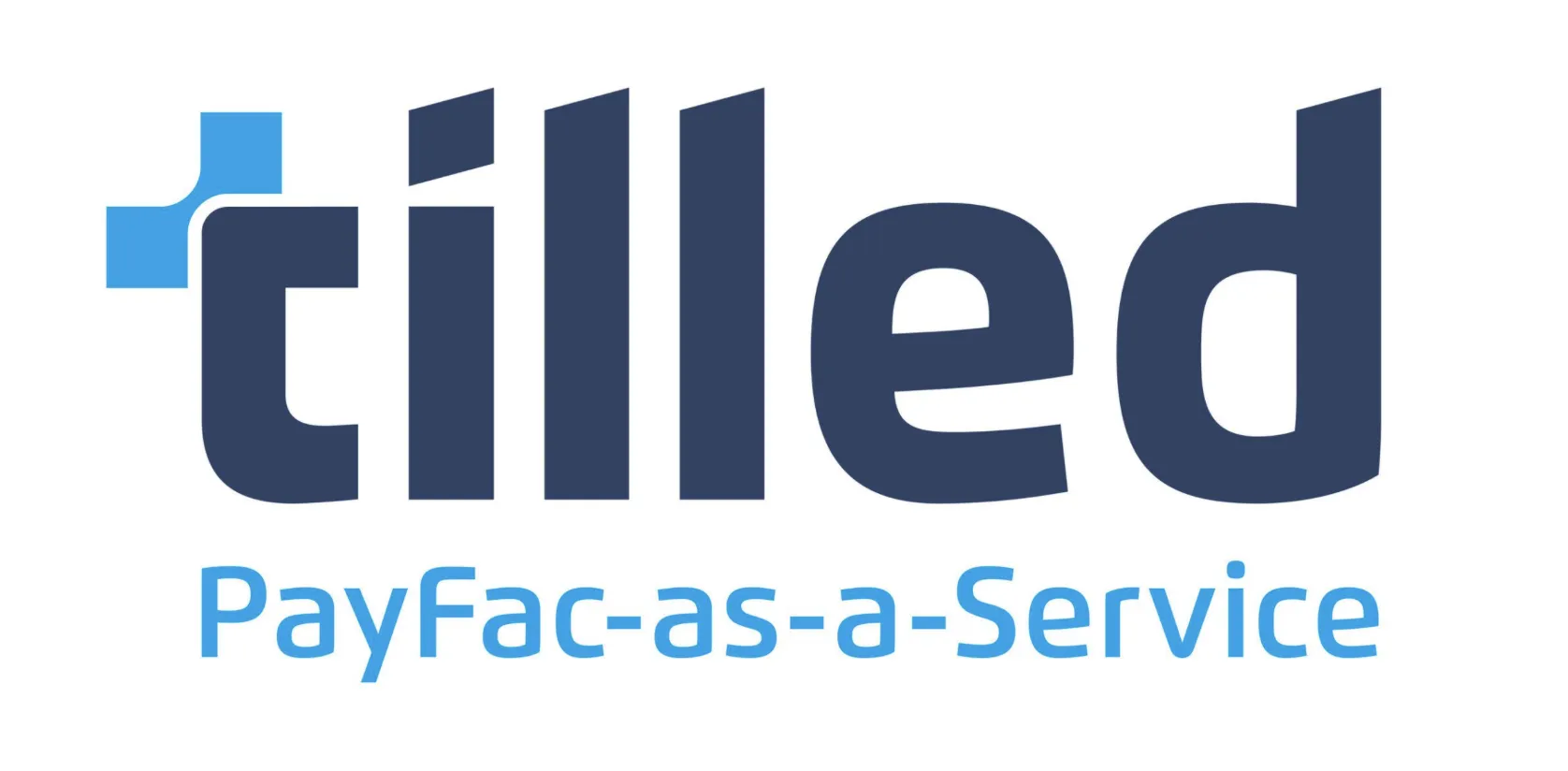Talent, financing, IP on minds of Boulder innovators

BOULDER — The Front Range is a national hub for innovation, but it’s not without its stumbling blocks: financing, talent acquisition and protection of intellectual property, to name a few.
CEOs of startups, entrepreneurs, leaders of accelerator and economic development experts discussed the state of Boulder’s innovation economy at BizWest’s CEO Roundtable on Tuesday.
Financing
One major topic of discussion was the issue of how innovative startups can gain access to capital.
For Zoe Welz, founder of Uzio Technology LLC, an ag-tech startup born out of her time at University of Colorado Boulder,…
THIS ARTICLE IS FOR SUBSCRIBERS ONLY
Continue reading for less than $3 per week!
Get a month of award-winning local business news, trends and insights
Access award-winning content today!




